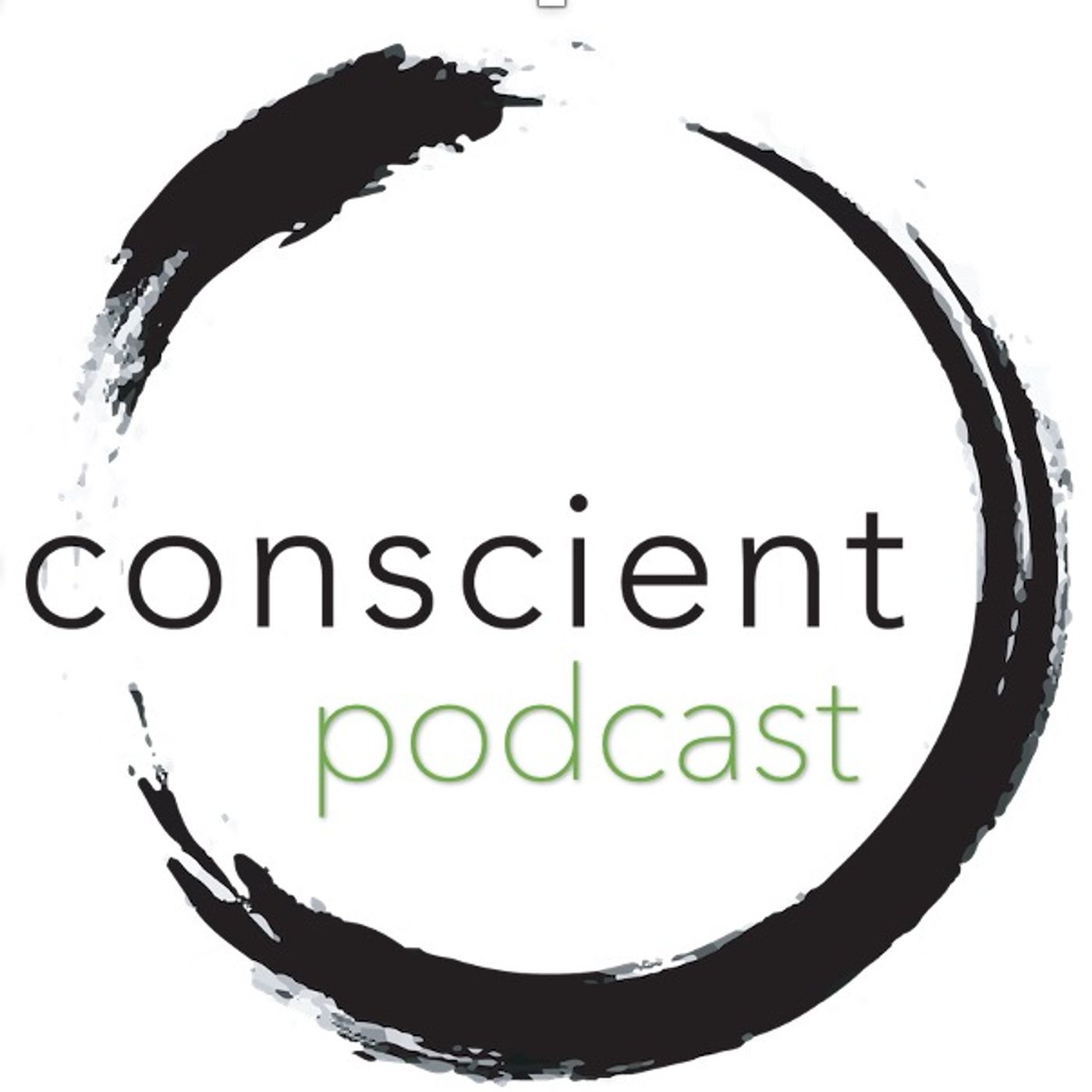e128 revisited - what does decolonized listening sound like to you?
(bell and breath)(movement 1 of vancouver soundscape revisited, eagle)You’re listening to the first movement, eagle, of my 1996 soundscape composition, vancouver soundscape revisited.I describe the piece in the program note as :an impressionistic portrait of the musicality and poetry of past, present and future soundscapes of Vancouver composed using archival sounds dating from the World Soundscape Project in the early 1970’s and from recordings of Vancouver made in the early 1990’s by Bob MacNevin on behalf of the School of Communication at Simon Fraser University (SFU). My method was to select a few hundred sounds from the collection, which I edited and catalogued by spectrum, category, function, pitch, and context. I then experimented with various combinations and modifications of the material until interesting sonic alchemies were found…’For example, you can now hear the ubiquitous sound of rain in Vancouver, a distant train whistle, bird song, the rumble of the harbour and… the 9 o'clock gun.Let me tell you a short story.On June 23, 2023 I had the pleasure, and the privilege, of attending ‘Listening to Lhq’a:lets’ (I hope I’m pronouncing it right), otherwise known as the city of Vancouver, at the Peter Wall Institute for Advanced Learning at the University of British Coumbia, which is situated l on the unceded and ancestral territory of the Musqueam Nation.A group of artists, all women, spoke about their week-long residency, organized by indigenous sound scholar and UBC professor Dr. Dylan Robinson. They shared a wide range of sensory engagements through listening to Lhq’a:lets: how our bodies listen through the haptics of vibration, about hearing and feeling the voices of our non-human relations, about how we can perceive the built environment with new perspectives - the air, waterways and earth that surround us. They spoke about their encounters with the trans-mountain pipeline, their dialogues with animals and birds, their encounters with haunting vibrations and their thoughts about the past, present and future sounds of this region. What they did not talk about was themselves, their accomplishments or the type of technology they used to extract and manipulate the sounds. None of that. There was also no reverence for say R. Murray Schafer or the World Soundscape Project, nor any nostalgia about the good old days when, say, the term ‘soundscape’ was invented. There was no disrespect either. They were listening from a different position. So I heard stories, poems, anecdotes, images, silences and prophecies… It was uplifting. (excerpt from movement 2, fire)So when I listened back to my soundscape composition, I realized that my revisitation was mostly a, let’s call it, a reshuffling of the colonial deck chairs. Yes I cleverly combined horns, whistles, sirens, industrial and natural sounds as a commentary on the beauty and madness of contemporary urban life but my revisitation was from a very narrow point of view. I now realise that this music, my music, is inherently complicit with colonialism and that my creative gestures are actually further cycles of exploitation.In retrospect it might have been more useful for me to figure out how to repair the damage done to past, present and future soundscapes of Lhq’a:lets.What does decolonized listening sound like to you?*This event was part of the three-part Friday evening series, Artists Within the Anthropocene. Presented in partnership with the Belkin Art Gallery. Listening to Lhq’a:lets / Vancouver is also part of a week-long artist residency organized

